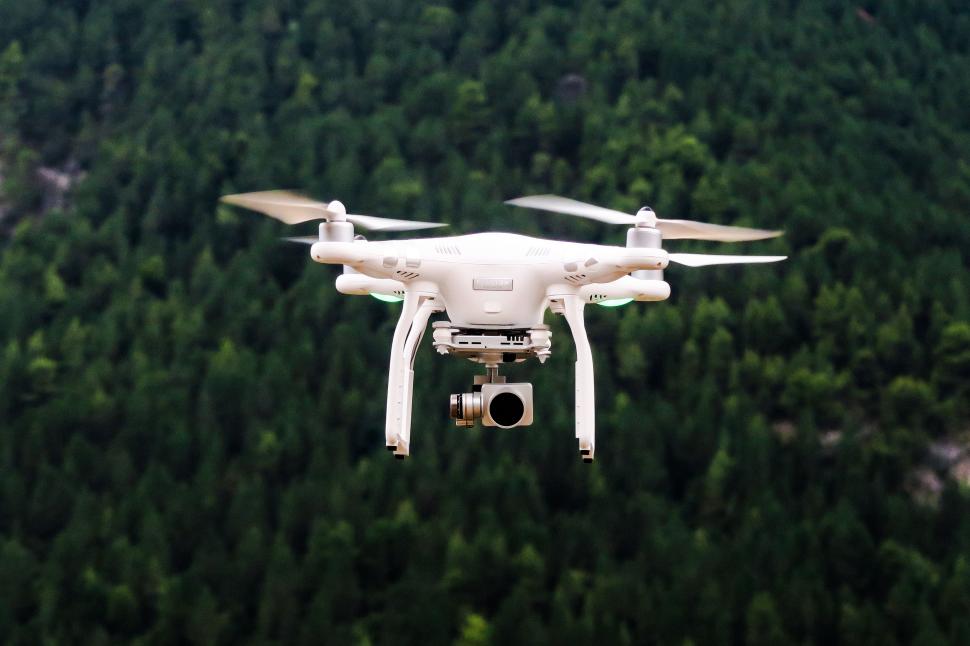Cutting-edge innovations, including drones, electric vehicles, smart lockers, IoT, blockchain, and AI, are transforming last-mile logistics to meet growing customer demands.
In an era where flexibility, reliable multimodal transport, and real-time information are paramount, innovations continue to redefine the logistics landscape. However, the complexity and cost associated with the first- and last-mile segments present unique challenges for shippers and carriers. As global e-commerce sales surge towards $6.3 trillion in the coming year, it’s imperative for companies to integrate solutions that can effectively counter future disruptions.
Drones, Electric Vehicles, and Autonomous Vehicles
Drones have shifted from futuristic concepts to practical tools, revolutionizing last-mile delivery. Amazon Prime Air, for instance, is already launching drone deliveries in multiple U.S. states. Simultaneously, electric vehicles gain traction due to stricter carbon emission regulations, especially in urban areas. Notably, companies like FedEx and Volkswagen have deployed autonomous vehicles for efficient last-mile deliveries in Germany and China. Even the U.S. Postal Service plans to employ autonomous vehicles to reach 250,000 rural areas by 2025.
Macro Warehouses and Smart Lockers
With the exponential growth of e-commerce, customers now expect rapid deliveries, often within a day. To meet these demands, macro warehouses strategically store limited inventory in urban locations, ensuring faster fulfillment. Amazon.com, in collaboration with Simon Property Group, is exploring the conversion of closed department stores into fulfillment centers. Additionally, smart lockers, reminiscent of traditional mailboxes, offer efficient storage solutions for customer orders, conveniently accessible through web interfaces or apps, often located in malls or other public areas.
IoT and Blockchain
The integration of Internet of Things (IoT) devices into cloud-based systems has unlocked numerous opportunities for logistics companies. IoT enhances real-time insights, centralizes data management, and streamlines operations through automation. Location intelligence systems, powered by IoT, provide logistics firms with precise geographic information on every vehicle within their fleet, enabling real-time updates on driver efficiency, fuel status, and route optimization. Blockchain, on the other hand, ensures secure goods movement by preventing counterfeiting, unauthorized diversion, and regulatory compliance issues while maintaining transparent transaction ledgers.
Route Optimization with Artificial Intelligence
Artificial Intelligence (AI) plays a pivotal role in optimizing delivery routes, ensuring timely deliveries while reducing operating costs. AI-powered tools analyze traffic patterns, road congestion, and weather conditions, allowing organizations to make data-driven decisions. These systems also evaluate the capacity of each vehicle in the fleet, optimizing deliveries based on factors such as location, time constraints, historical vehicle performance, traffic patterns, and demand fluctuations. This results in reduced transit times, lower fuel costs, and seamless, efficient deliveries.
The future holds significant promise for the logistics industry, thanks to the integration of innovative solutions. With these advancements, logistics providers can meet customer expectations, enhance operational efficiency, reduce costs, and achieve greater agility in the ever-evolving landscape of last-mile delivery.





